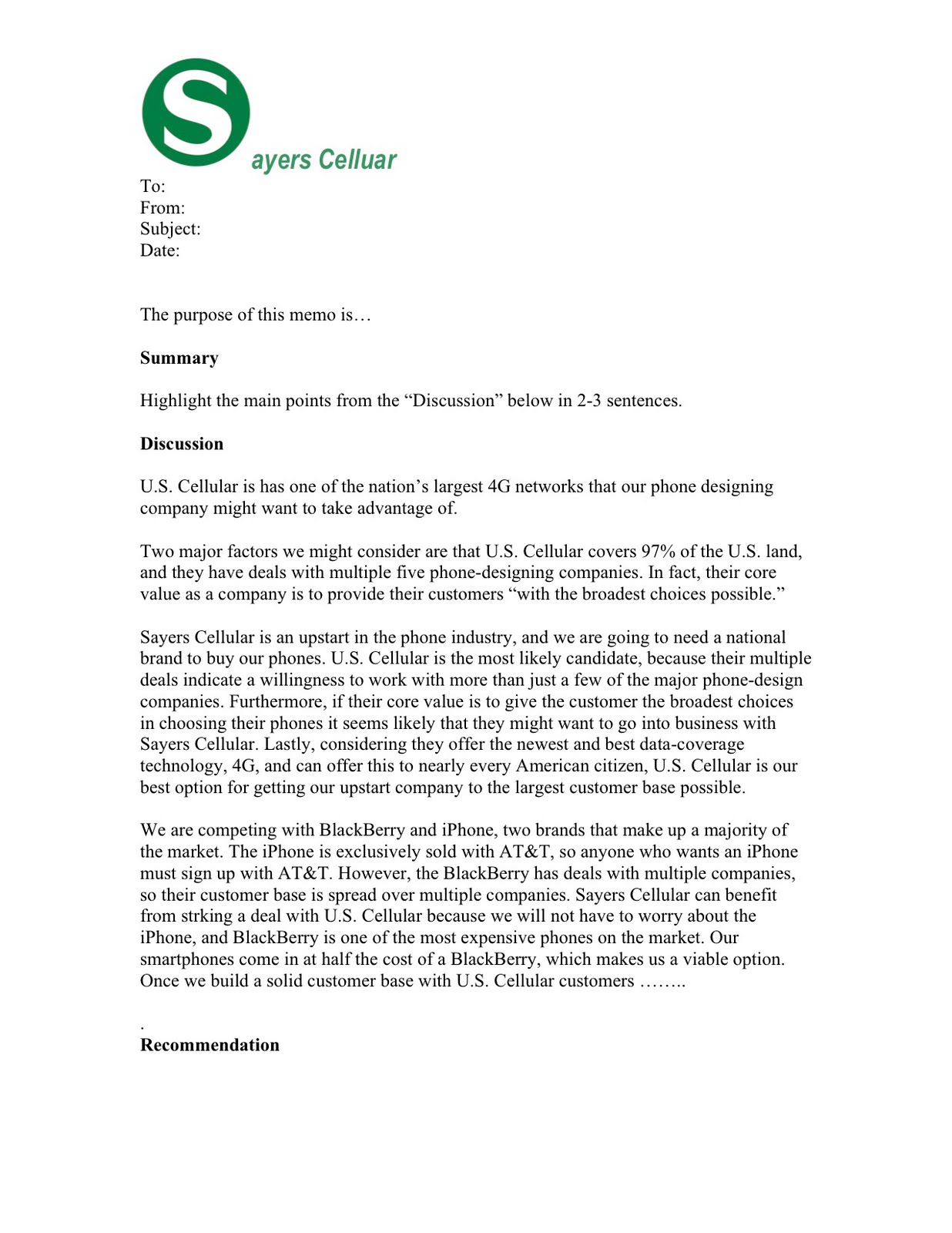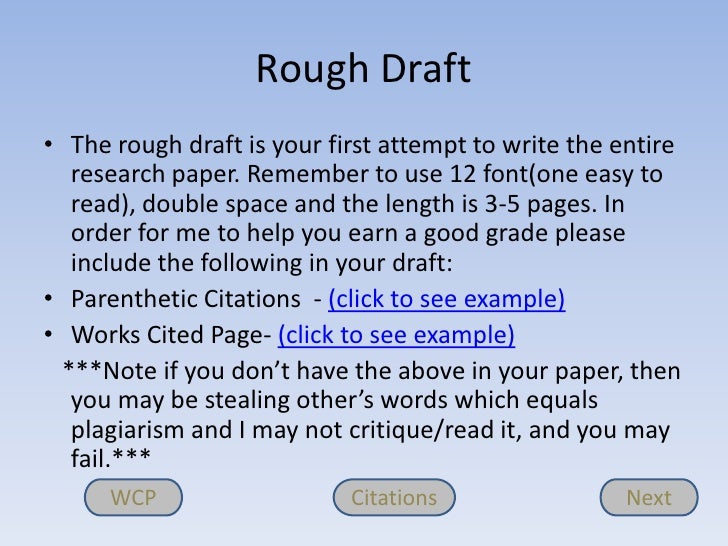

I’ve found this helpful but I still in my head edit while I write. Essentially meaning don’t edit while you write. Some video I watched in the past said to just get as much down as possible and then worry about editing after. Hi I write often as well and I understand where you’re coming from in regards to attempting not to care of how perfect what you are writing and trying to simply get the material on paper. The other good news is, if you find yourself interested in a story long enough to make it through all of that hard work, chances are someone else will be interested in reading it You find your voice, style, patterns, and so on.

The good news is, the process gets easier the more you write. And continue editing and presenting new drafts until you are proud to stand behind your work as is. Then you can tighten up from there for a second draft. Which you’d then send to beta readers or people you trust to give you constructive criticism and feedback. Once you have a presentable story, that is your first draft. Also you’ll know where the story is going for sure, which means you can tighten up your structure to get rid of the unrelated and keep the story focused.īasically, everything you do up until you have a fully presentable story is an outline. You won’t be worried about forgetting the great story ideas you have for later because they are already written. The benefit of this approach is that when you go back to edit, you can get fully invested in the scene you’re on. Then when you go back through to edit and add the details, read it out loud as though you’re telling the story to someone else. This will help get the story on the page. Make notes for yourself along the way (more detail here, improve dialogue, etc) With these 7 tips, you’ll be able to write a truly strong, rough draft.Consider your rough draft a more thorough outline. If you are going to start writing your rough draft, you will be given a great deal of freedom to experiment, however, you should also follow a system as well. Just be ready to cut out the unnecessary parts of the story later. Just enjoy the freedom afforded to you, and add as many concepts to your story as possible. So you should not be scared to use as many ideas as possible. The rough draft is the very first form of your book that you will be writing, and the very first drafts will not be shown to the public. So if you use a plot line or a character, but you just don’t feel like using them, then you should not be afraid to make changes to your rough draft. You should not be afraid to make drastic changes to your story and characters as well, because the rough draft is the part where you experiment with as many concepts as possible. It was stated earlier that you don’t need to be too detail oriented with the technical writing aspects of your work, because you will be doing it later. Don’t be afraid to make drastic changes to your work These details will be done later when you start on the actual manuscript for your book.Ħ. There is no need to bother with the capitalizations, punctuations, sentence compositions, and other technical writing aspects for now. Instead, you should just let loose all your writing ideas. The rough draft is a preparatory draft before you do any serious writing, so you should not do any editing for now. You could use a myriad of concepts, and you don’t need to follow a very rigid system, however, you should at least have a semblance of order if you want to make heads or tails of your rough draft. The main events will act as markers for your story. One of the best ways to do this, is to plot out all the main events. By having writing goals, you will be able to conduct your writing sessions in the most efficient way possible.Īlthough the rough draft is nowhere near the final draft of your book, you should try to give the process a semblance of order. These goals include your daily word count, and pages.

So you should set writing goals for yourself. However, if you invest too much time into writing your rough draft, you won’t have enough time to start on other parts of the writing process. Remember that writing a rough draft could take you some time to do properly. Here are 7 tips for writing a strong, rough draft.īefore you start the writing process, it is very important that you set a writing goal for yourself. It is where you will be experimenting with various concepts. In your rough draft, you will be putting together all your writing ideas. It is instead, the earliest stages of the book writing process. What is a rough draft?Ī rough draft is the initial draft of your book. However, before you start on the writing process, you should write a strong rough draft. When it comes to writing a book of your very own, you should be as systematic as possible.


 0 kommentar(er)
0 kommentar(er)
